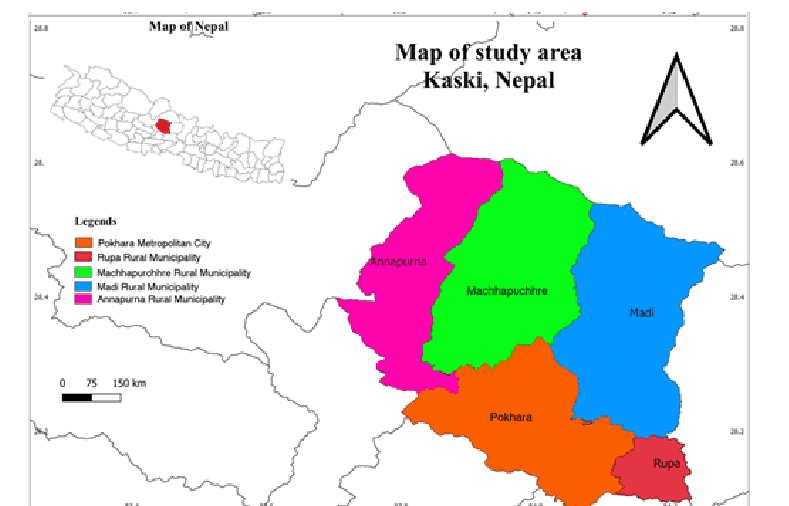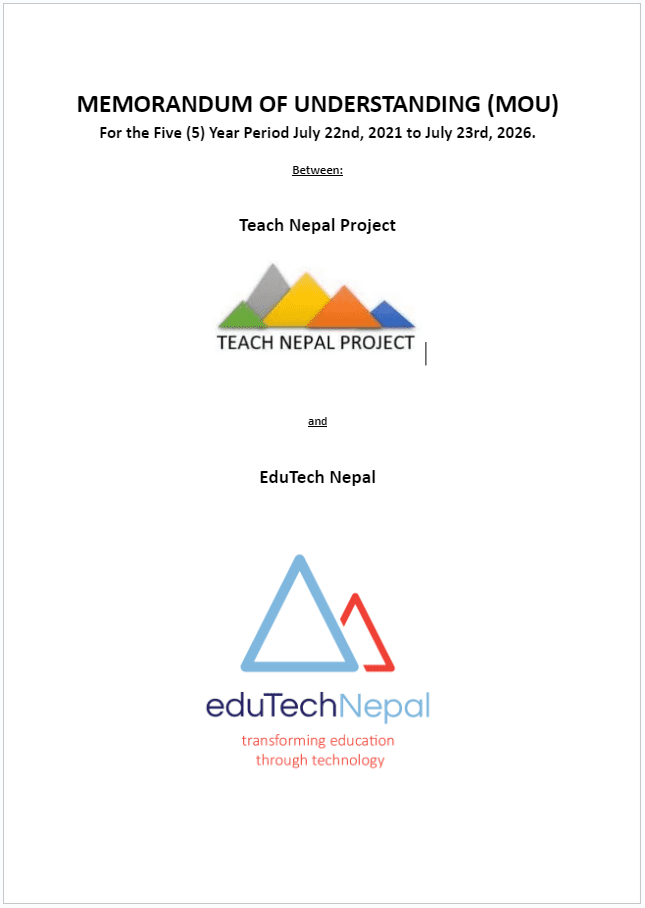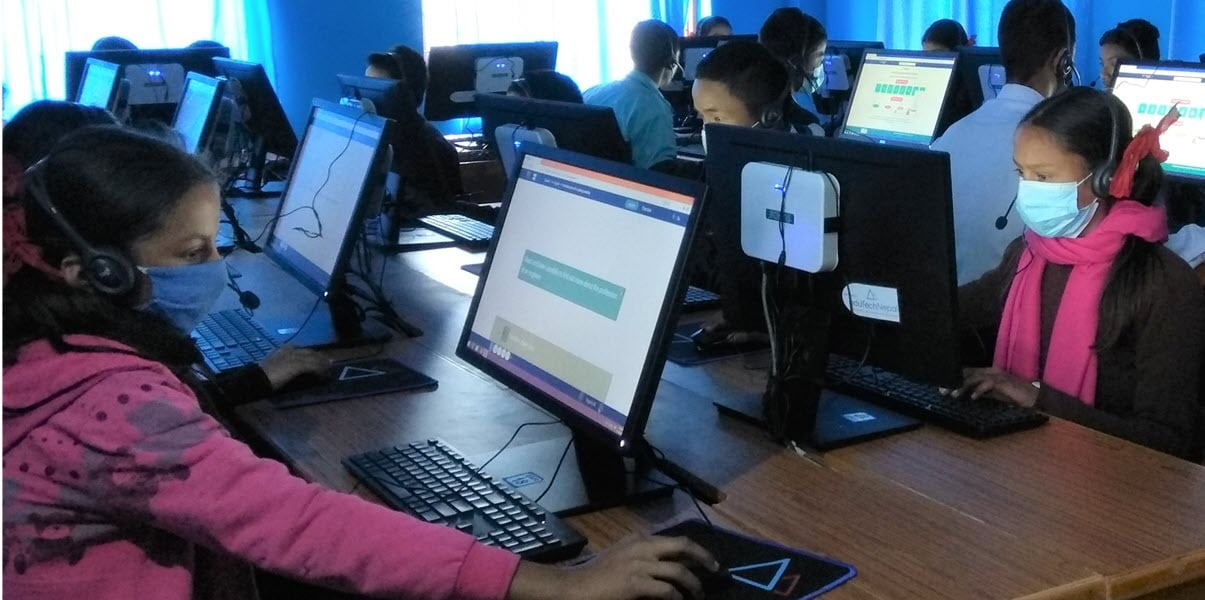About Teach Nepal Project
Teach Nepal Project is a small charity, or stichting, set up by a group of teachers from the British School in the Netherlands. Our official charity status as a registered Dutch Stichting has been since May 2018. Most of us are now retired and with each of us having over 40 years of experience in the classroom we became committed to using some of that knowledge in the local schools in Nepal.
Our first visit to the Annapurna Conservation area in Northwest Nepal was in 2015 to run a 4-day training course for teachers from 12 schools in the area. Our original plan was to investigate opportunities for senior students to develop skills related to the international diplomas on offer at the British School in the Netherlands at that time. Since the visit in 2015 we have run annual teacher training courses with a group of different teachers and established a good working relationship with the schools. The initial training was related, in the main, to language and mathematics skills. The actual content was of secondary importance as the methods of teaching were our main priority. We introduced more interactive transferable skills designed to involve the students in their own learning experience. Activities designed to increase student participation were practised, with active rather than passive learning methods aimed at improving the quality of the education. We remain in daily contact with the schools to offer support and ideas for teaching as well as developing a more structured network of local support.

Work Area
The area we work in is mainly in and around the village of Ghachok, Kaski, where there are 5 World Pheasant Association, or WPA, schools with 4 more schools further up the Seti Khola river valley. The 9 schools originally established under the guidance of the WPA are now government schools. The original project, known as the Pipar Project https://www.pheasant.org.uk/pipar was established to promote conservation and sustainable development in the area beyond Karuwa.
“WPA started by supporting the Danfe school in the village of Keruwa closest to Pipar. The idea being that by supporting the communities closest to Pipar through education, local people would trust the WPA and be willing to protect the habitat. WPA support in the area has grown to include a further eight schools along the Seti Khola valley.”
Through our partnership with EduTech Nepal we will be supporting the installation of a 20-workstation computer lab at Suryadaya Secondary School in Gumda, Gorka.

Why Computer Labs
The modern world of work and communication demands a minimal level of proficiency in IT. As teachers it is our responsibility to support our students so that they have competence and the confidence to use IT in their learning process. The digital divide creates an inequality that impacts upon the development of individuals and countries. If we want to reduce the inequalities, then we need to equip our students with the tools to achieve their full potential.
The Teach Nepal team have all worked in schools with excellent IT facilities, reliable internet connections and well-trained teachers. Our teaching was not always like that. Most of us started out in a world with no computers or printers or other teaching facilities that are available in a modern classroom. That allows us to see the difference the current IT facilities can provide to promote independent learning. As technology developed and became an essential requirement for our teaching, we were forced to keep up with the possibilities to enhance our lessons. I doubt any of us would want to return to the classrooms and conditions we worked in at the beginning of our teaching careers. IT creates opportunities to deliver curriculum content in an exciting and interesting way, it opens up possibilities to satisfy the learning styles needed for all types of learners to be successful whether they are visual, auditory or kinesthetic - or some of each type.
The opening of an IT training centre in the village of Ghachok for the whole community in 2019 and most recently the support to introduce computer labs into the 9 schools has become our priority. The collaboration with EduTech Nepal has led to the installation of computer labs into 3 schools in Ghachok. The smaller schools will also have desktops and other equipment mirroring the layout and working conditions of an EduTech Nepal computer lab. Funding from the Queen's Own Gurkha Logistic Regiment Association Education Fund has made this all possible.
Contact Teach Nepal Project
If you would like more information and/or to donate to support new computer labs, then please contact Teach Nepal Project via the options below.
Address :Bloesem 28, 2441 DK Nieuwveen, The Netherlands

